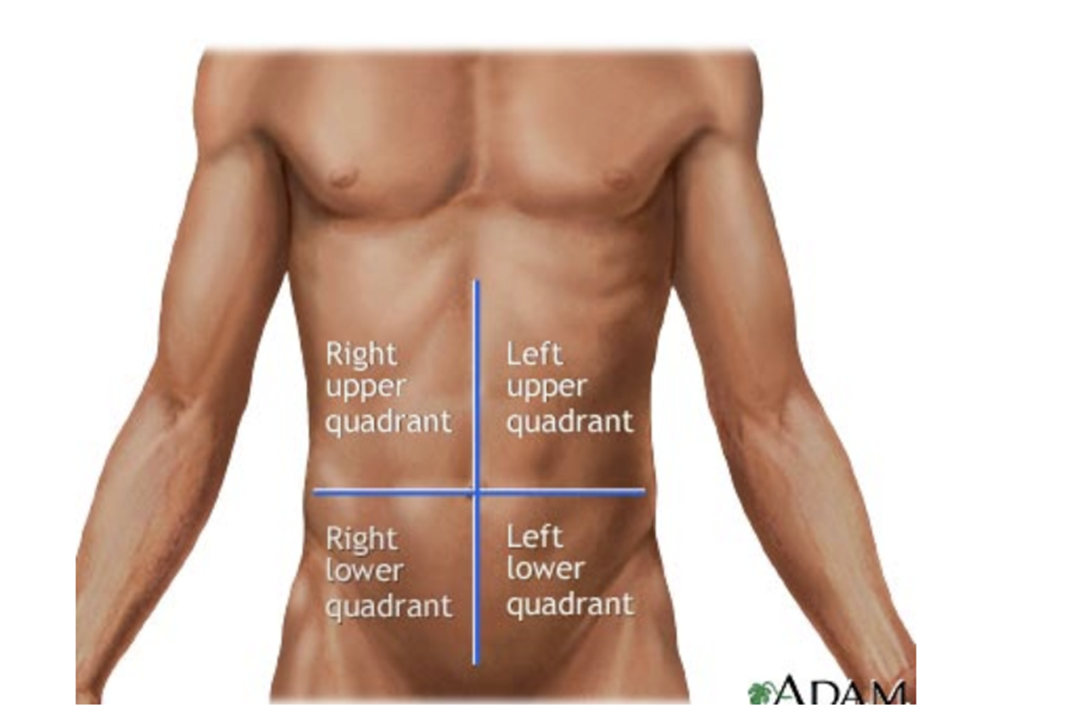A nurse is assigned to care for a client diagnosed with autoimmune or idiopathic thrombocytopenic purpura (ITP). When reviewing the client's plan of care prior to caring for the client, the nurse should recognize that the priority concern in caring for the client is to monitor for:
Fatigue
Side effects of immunosuppressants
Thrombocytopenia
Infection
The Correct Answer is C
Choice A reason: Fatigue is a common symptom of ITP but is not the primary concern for monitoring, as it does not directly indicate the severity of the condition.
Choice B reason: While monitoring for side effects of immunosuppressants is important, it is not the priority concern. The primary issue in ITP is the low platelet count, which poses a risk of bleeding.
Choice C reason: Thrombocytopenia, or low platelet count, is the hallmark of ITP and the main concern for monitoring, as it increases the risk of bleeding and bruising.
Choice D reason: Infection is a risk due to the potential use of immunosuppressants in treatment; however, the immediate concern in ITP management is the platelet count and associated bleeding risk.
Nursing Test Bank
Naxlex Comprehensive Predictor Exams
Related Questions
Correct Answer is B
Explanation
Choice A reason: The visibility of chest tube eyelets is not typically a concern unless there is evidence that the tube is dislodged. In normal circumstances, the eyelets may not be visible, and this does not necessarily indicate a need for intervention.
Choice B reason: The development of subcutaneous emphysema, which is the presence of air in the subcutaneous tissue, can be a sign of a serious complication such as a pneumothorax. It requires immediate assessment and possible intervention to prevent further complications.
Choice C reason: Tidal fluctuation in the water seal chamber is a normal finding when a chest tube is in place. It indicates that the system is patent and functioning correctly as it reflects the pressure changes in the pleural space during respiration.
Choice D reason: Continuous bubbling in the suction control chamber may indicate an air leak in the system, which could be normal if the system is set to continuous suction. However, if the bubbling is vigorous and the system is not set to continuous suction, it may indicate a new air leak and require intervention.
Correct Answer is A
Explanation
Choice A reason: Right lower quadrant.
McBurney's point is located in the right lower quadrant of the abdomen, which is one-third of the distance from the anterior superior iliac spine to the umbilicus. This is the area where tenderness is most likely to be maximal in cases of acute appendicitis.
Choice B reason: Left lower quadrant
The left lower quadrant is not typically associated with appendicitis pain, as the appendix is located in the right lower quadrant of the abdomen.
Choice C reason: Right upper quadrant
The right upper quadrant is generally associated with other conditions such as gallbladder issues, not appendicitis.
Choice D reason: The left upper quadrant
The left upper quadrant is also not associated with appendicitis pain, as it is on the opposite side of the typical location of the appendix.

Whether you are a student looking to ace your exams or a practicing nurse seeking to enhance your expertise , our nursing education contents will empower you with the confidence and competence to make a difference in the lives of patients and become a respected leader in the healthcare field.
Visit Naxlex, invest in your future and unlock endless possibilities with our unparalleled nursing education contents today
Report Wrong Answer on the Current Question
Do you disagree with the answer? If yes, what is your expected answer? Explain.
Kindly be descriptive with the issue you are facing.
